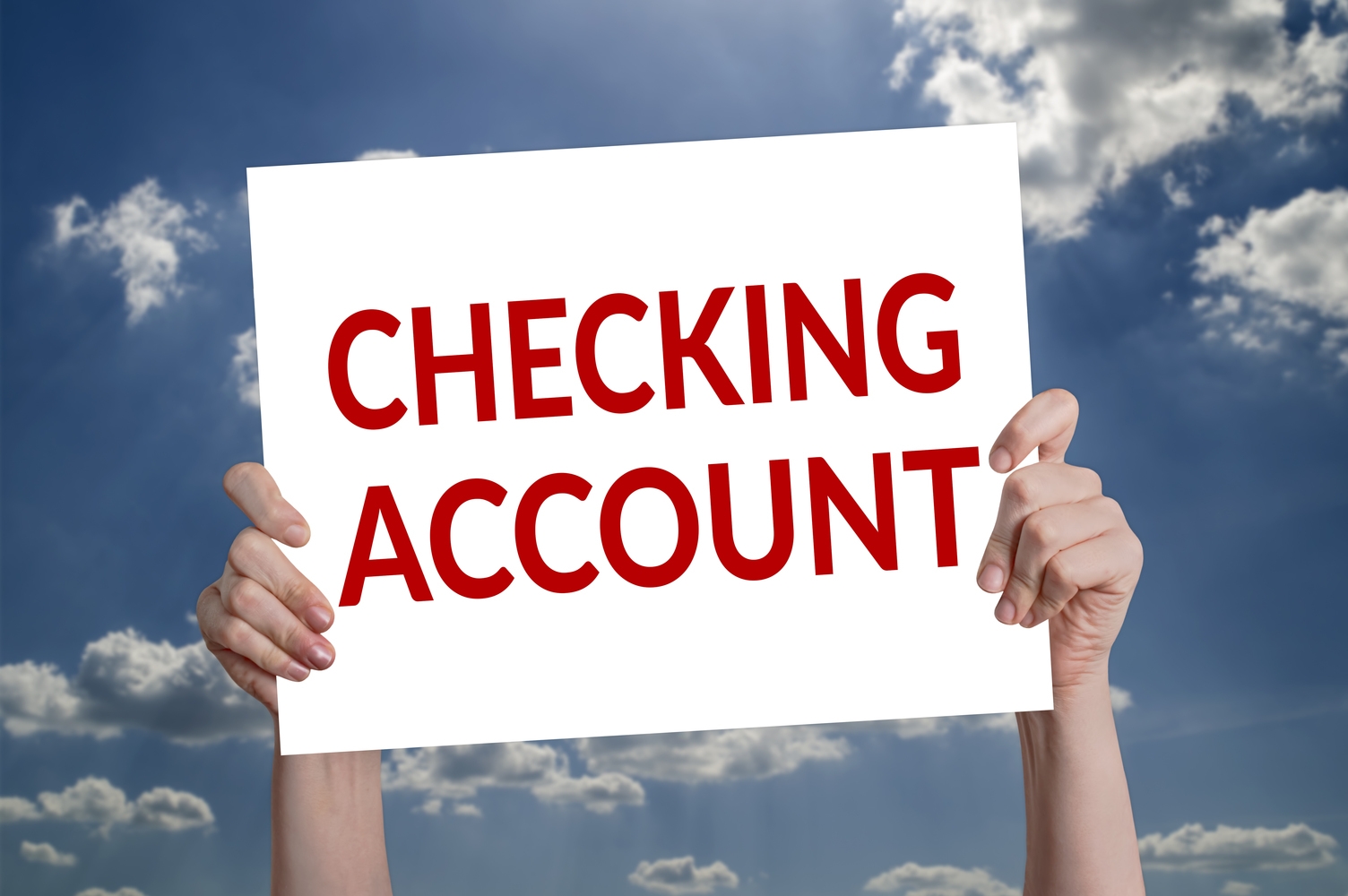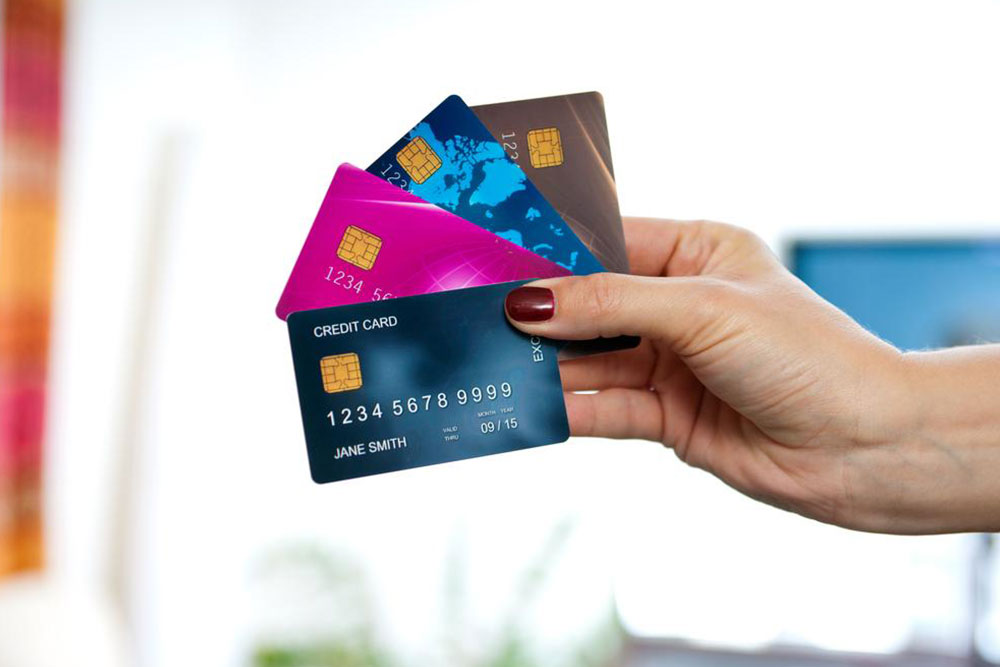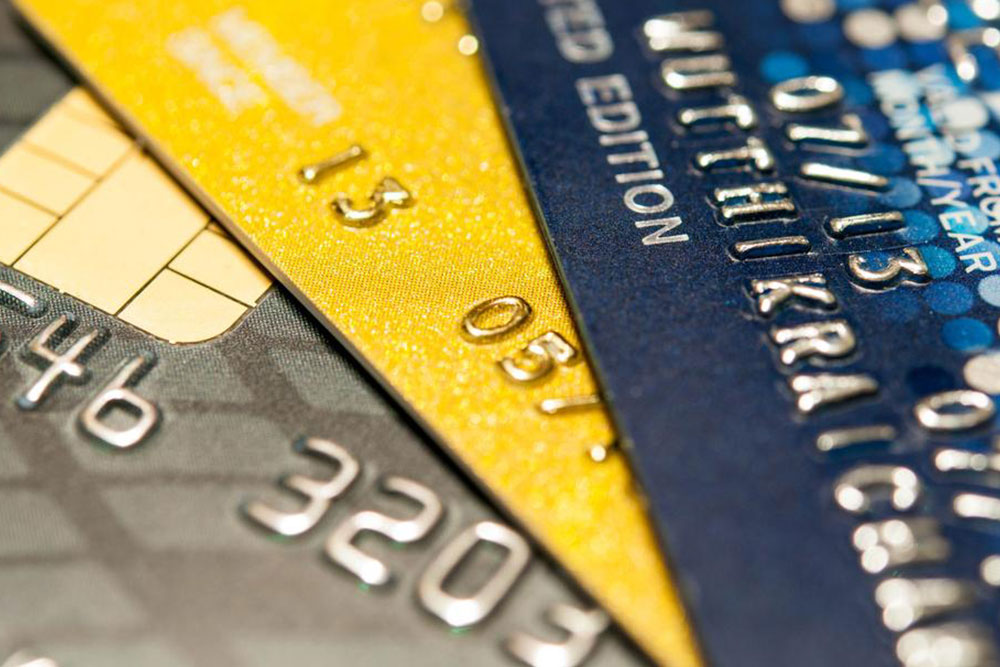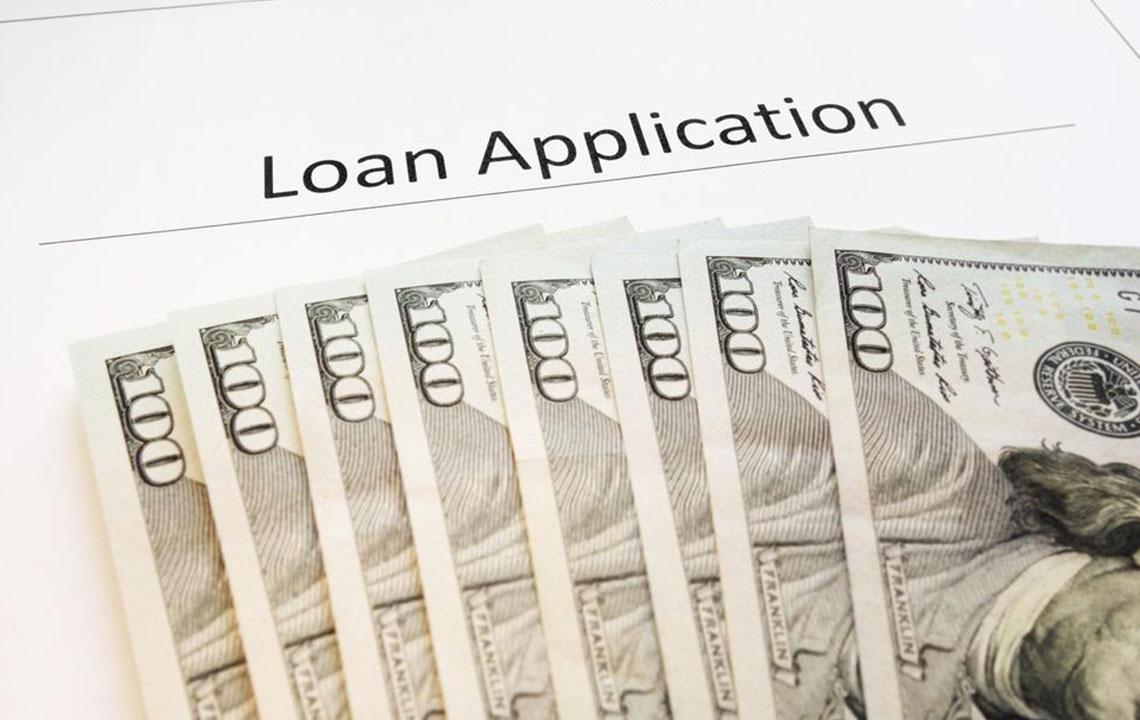Comprehensive Guide: Why You Should Think Twice Before Using Credit Cards for Cash Withdrawals
Using your credit card for cash withdrawals might seem convenient, but it comes with high costs, high interest rates, and immediate charges. This comprehensive guide explains why avoiding cash advances is wise and offers alternatives for managing urgent financial needs responsibly. Learn about the fees involved, the lack of a grace period, and how frequent use can signal poor financial habits. Make informed decisions to protect your credit and financial well-being by understanding the hidden pitfalls of credit card cash advances and exploring better borrowing options during emergencies.

Comprehensive Guide: Why You Should Think Twice Before Using Credit Cards for Cash Withdrawals
Accessing cash through your credit card might appear to be a quick and convenient solution during emergencies or urgent needs. However, this approach often involves significant costs and potential financial risks that can impact your overall financial health. Unlike traditional debit card cash withdrawals, credit card cash advances are laden with hefty fees, exorbitant interest rates, and lack of a grace period, making them an expensive way to obtain cash. It’s crucial to understand the implications of cash advances on your credit card before opting for this method. In this detailed guide, we'll explore the key reasons why using your credit card for cash withdrawals is generally ill-advised, along with alternatives and tips on responsible financial management.
High Cost of Cash Advances
One of the most glaring disadvantages of cash advances on credit cards is their high cost. When you withdraw cash using your credit card, you are subject to various fees that can significantly increase the amount you owe. Typically, the fee ranges from 2% to 5% of the cash advance amount, with some providers charging even higher. For example, if you withdraw $500, you could be paying a fee of $10 to $25 or more. Moreover, many ATMs charge additional surcharges for using their machines to withdraw cash, making the total cost even steeper. These fees can quickly accumulate, eating into your funds and making cash advances a very expensive borrowing option.
Higher Interest Rates and Immediate Charges
Cash advances on credit cards generally attract much higher interest rates compared to regular purchases. While typical purchase interest rates may hover around 15-22%, cash advances often carry rates of 25% or higher, sometimes reaching up to 30%. The most concerning aspect is that interest starts accruing immediately from the moment of withdrawal—it’s important to note that there is no grace period for cash advances. Even if you plan to pay back the amount quickly, the high interest charges can make the transaction costly. The longer you delay repayment, the more your debt will grow due to accumulating interest. This can turn a small short-term borrowing into a substantial financial burden.
Related: Strategies for Maintaining Healthy Credit Scores
No Grace Period Means Higher Cost
Unlike regular credit card purchases, which often come with a grace period of up to 21 days during which no interest is charged, cash advances begin accruing interest immediately. This means that even if you repay the cash advance in full within a week, you will still pay interest for those days. This feature makes cash advances particularly costly for short-term borrowing and should be used sparingly, preferably only during true emergencies.
Potential Financial Management Challenges
Repeated reliance on credit card cash advances may be an indicator of poor financial management or cash flow problems. Constantly turning to cash advances can lead to a cycle of debt that becomes difficult to break. If you find yourself frequently withdrawing cash via your credit card, consider exploring alternative options like personal loans, payday advances, or negotiating extended payment terms with your creditors. Creating a solid financial plan and establishing good budgeting habits are essential steps towards avoiding reliance on cash advances and maintaining financial stability.
Before deciding to take a cash advance, it’s vital to evaluate your financial situation thoroughly. Ask yourself why you need the cash and whether there are more affordable or sustainable options available. Cash advances should be reserved for genuine emergencies, such as unexpected medical expenses or urgent repairs, rather than everyday expenses or discretionary spending. Misusing credit card cash withdrawals can lead to falling behind on payments, damaging your credit score, and accumulating high-interest debt that is challenging to repay. Always consider alternative sources of funds, like borrowing from friends or family, or using savings, before resorting to a cash advance.
Stay Well-Informed About Credit Card Management. Follow us on Facebook and Twitter for the latest insights on financial health, credit management, and investment tips.





